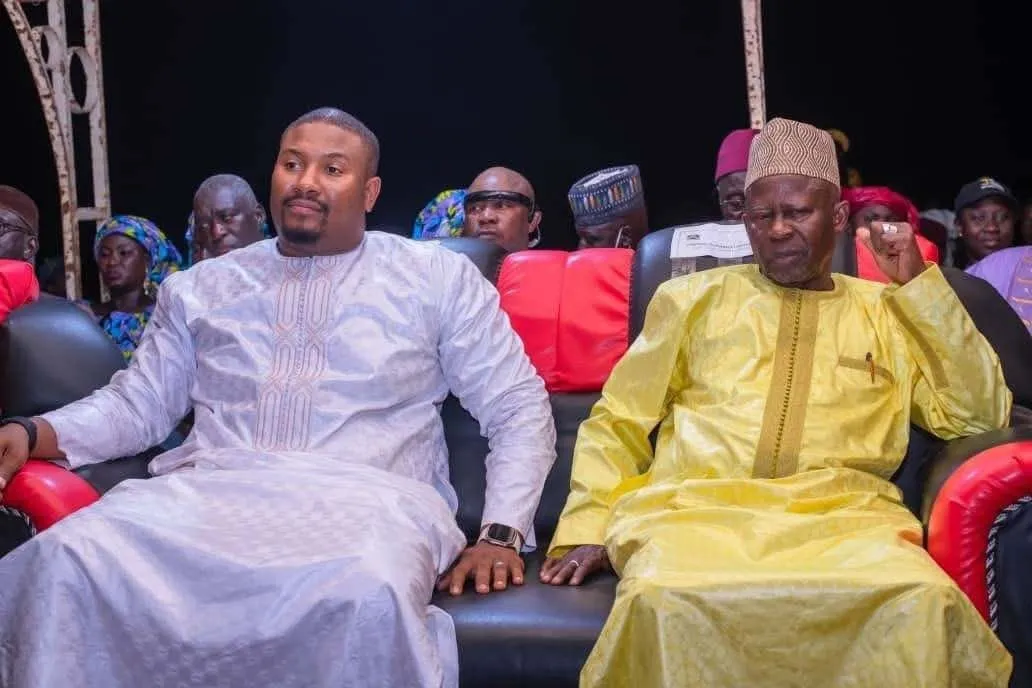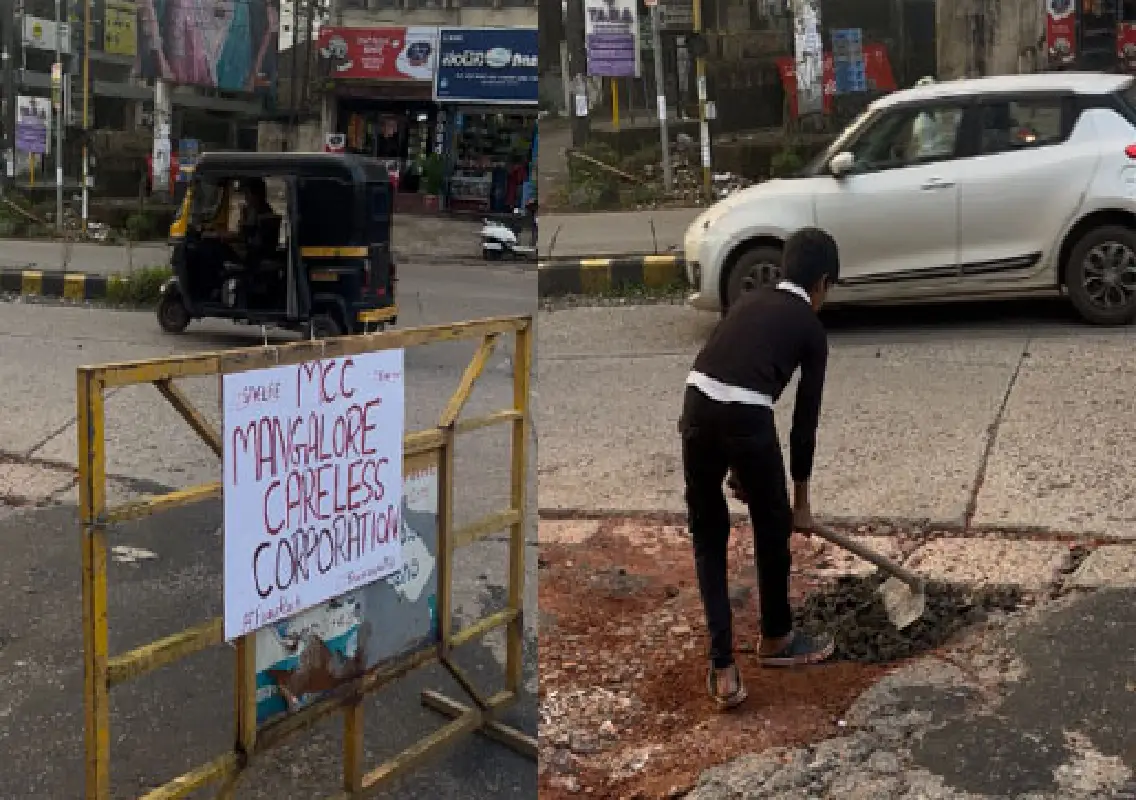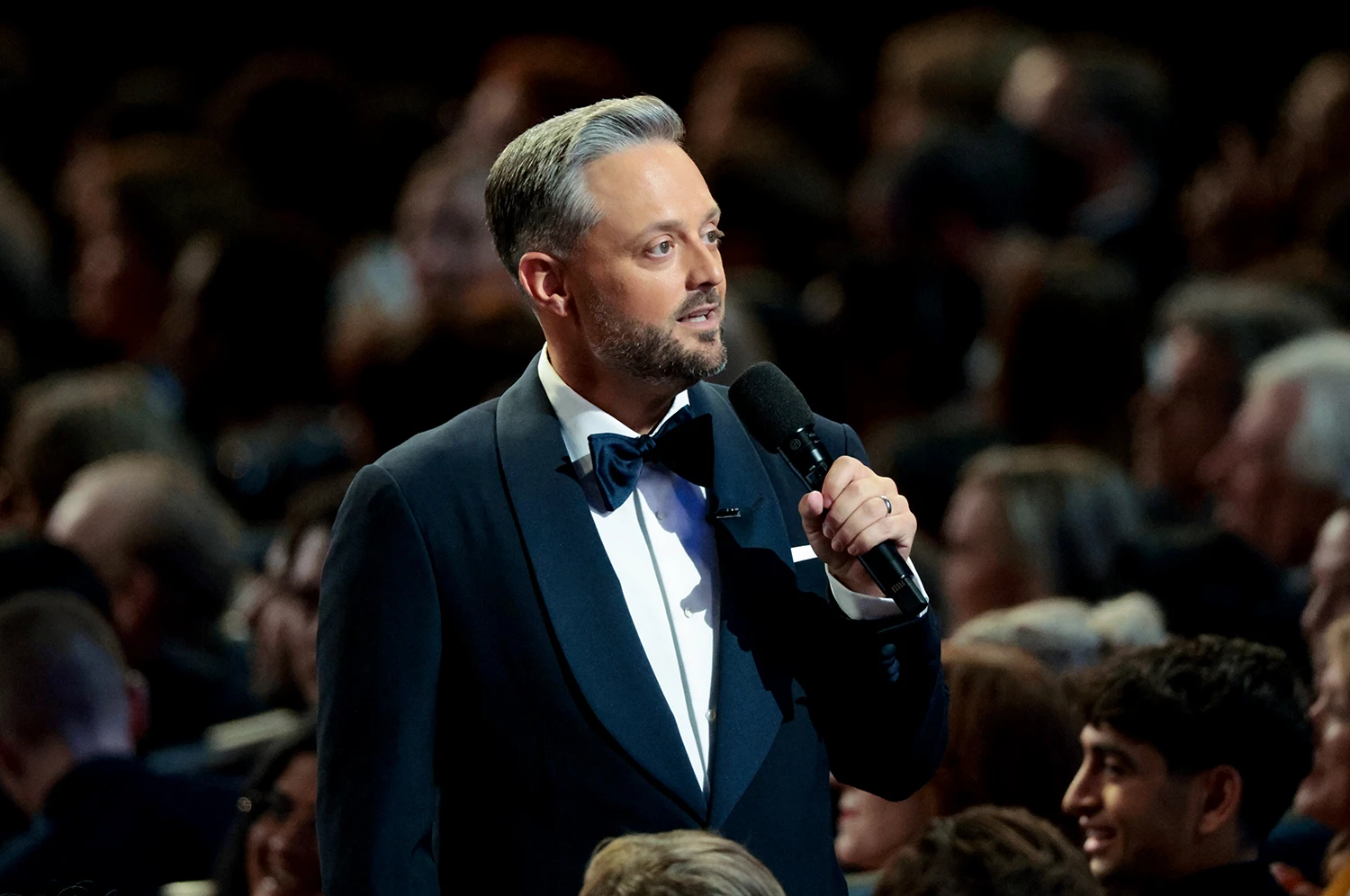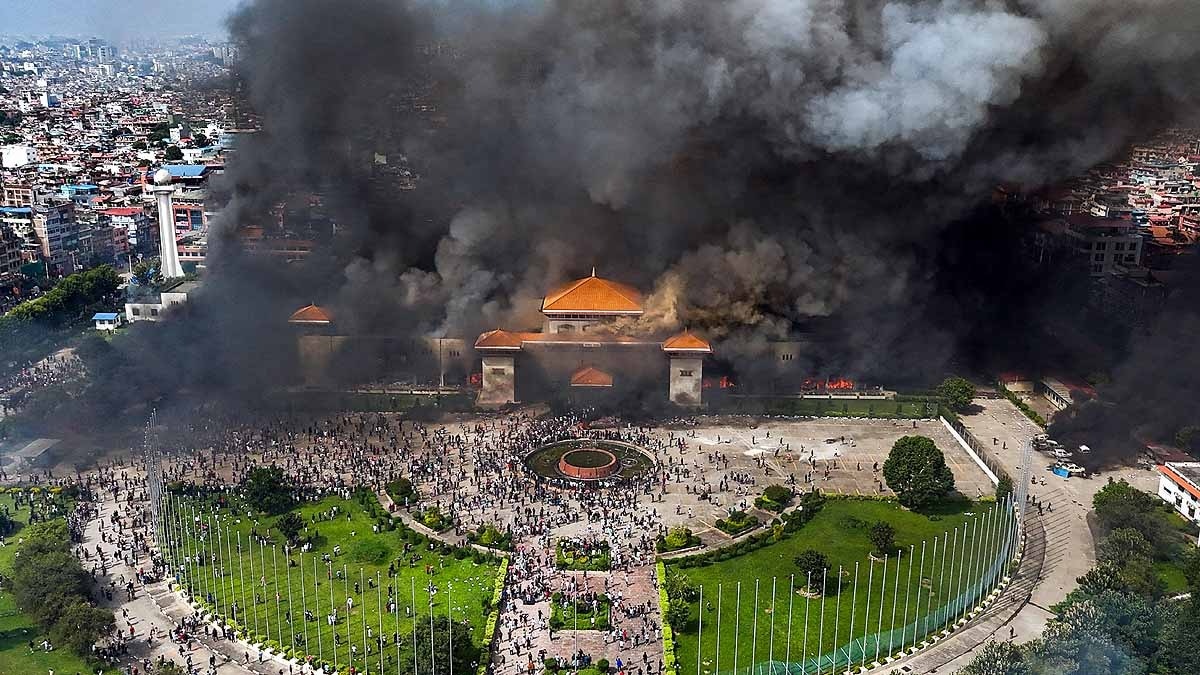By Abubacarr
Copyright standard

By Alhagie Demba (pen name)
The recent withdrawal of Talib Ahmed Bensouda from the United Democratic Party’s (UDP) flag bearer race is more than just an internal party matter. It is a symptom of a deeper malaise that continues to afflict Gambian politics. For a nation yearning for robust alternatives, the unfolding drama within the country’s largest opposition party is a lesson in what not to do.
What happened?The UDP, the primary opposition to President Adama Barrow’s National People’s Party (NPP), opened applications for its presidential candidate ahead of the 2026 presidential elections. Ten men put their names forward to challenge the party’s longstanding leader, Ousainu Darboe. One of them was Talib Ahmed Bensouda, the current mayor of Kanifing Municipality.Unlike his nine fellow aspirants, Mayor Bensouda faced more personal attacks and intense criticism from within certain quarters of the party. The attacks were notably vitriolic, a starker contrast to the treatment of the other candidates. Shortly after, he announced his withdrawal from the race, citing a desire to maintain party unity and focus on his current role.While gracious, his exit leaves a cloud of unanswered questions over his political future and the UDP’s commitment to internal competition and renewal.Furthermore, this entire contest of ten men highlights another glaring deficit: the complete absence of women applicants for the coveted position. In a party that boasts competent female politicians like Mayor Rohey Malick Lowe, Honorable Fatou Cham, National Assembly Member and former National Assembly member Ya Kumba Jaiteh, this all-male lineup is not just a coincidence; it is a complete failure.
The bigger picture beyond one manOn the surface, one could argue this is simply how the political cookie crumbles. But the implications are far more significant.First, it reinforces a troubling perception that the UDP, often accused of being a Mandinka-dominated party, is unwelcoming to other ethnicities in its highest echelons. Mr Darboe, a Mandinka, has led the party since its inception in 1996. He has consistently and vehemently denied claims of tribalism, a point bolstered by his own family’s diversity. Yet, the fact that Talib Bensouda – a comparatively capable, popular, and non-Mandinka aspirant – was the main target of such fierce internal resistance is a terrible look. It’s a public relations own-goal, a nightmare that the party can ill afford.Second, the total lack of female aspirants is perhaps an even more profound indictment. Where are the women? But that question itself is unfair. The real question is: what barriers exist within the UDP’s culture and structure that make a presidential run seem impossible or even unwelcomed for its most qualified women? Is it the fear of the kind of personal, gendered attacks that are often worse than what male counterparts face? Is it a lack of institutional support or mentorship? Or is it the unspoken understanding that the top job is simply not for them? This isn’t just a UDP problem, but as the largest opposition party, it sets a poor example for the nation. A party that fails to harness the full talent pool of half its membership is not a party ready to lead a modern nation.\A political scientist and keen observer told me, “If you keep telling people the party is a family, but only the sons get to inherit the business, eventually the daughters will stop showing up for work.” Thus, the UDP risks alienating the very swing voters, young people, and women whose votes are crucial to winning a national election. Agree or disagree with them but many saw Talib as a potential bridge – a candidate who could have expanded the party’s appeal beyond its traditional base. That bridge has now been temporarily collapsed. The absence of a woman on the ballot represents a missed opportunity of an even greater magnitude.Third, this is a classic case of Gambian political history repeating itself. The tendency to circle the wagons around an established leader is not new. We saw it with the People’s Progressive Party (PPP) in the 70s and 80s, when figures like Sheriff Mustapha Dibba and ML Saho found their ambitions thwarted, leading to breakaways and ultimately, their political decline. The UDP itself has a history of this; remember Lamin Waa Juwara in the early 2000s? (In my gen z voice), if you know, you know.The argument that “now is not the time for change” is a familiar tune in opposition politics, often sung until it’s too late. It suggests a party prioritising internal harmony over the dynamism required to win a national mandate. A party that cannot manage a robust, fair, and civil internal contest is hardly convincing as a manager of a diverse and complex nation.
A crossroads for democracyThis episode is not just a UDP problem; it is a Gambian problem. A healthy democracy requires strong, internally democratic parties that can produce a deep bench of credible leaders from all backgrounds. The withdrawal of a promising candidate like Talib Bensouda and the silent absence of women diminish the quality of our political choices.For the UDP, this is a critical moment. Will it continue on a path that, however unintentional, reinforces perceptions of exclusion and top-heavy control? Or will it take concrete steps to institutionalise internal democracy, protect aspirants from malicious attacks, and actively cultivate and encourage leadership from its diverse membership, including women? The party boasts a wealth of intellectuals and technocrats, Larey Sisay, Oley Dibba, etc. It must create an environment where such talents, regardless of gender or ethnicity, feel truly empowered to lead, not just to support from the sidelines.For us, the citizens, it is a wake-up call to demand more from all political parties. We must ask tougher questions about their internal processes. Do they have clear, fair rules for leadership contests? Do they encourage new voices, or simply anoint old ones? Our vigilance is the price of a functional democracy.Talib Bensouda’s exit and the all-male attacking formation are missed opportunities for the UDP. But they are not the end of the story. They can be costly mistakes forgotten after the next election, or they can be the catalyst for a long-overdue internal reform. The ball is now in the UDP’s court. The hope for a stronger, more competitive, and more representative Gambian democracy depends on what they decide to do with it.
The author is a media professional who has worked in The Gambia for more than a decade.



